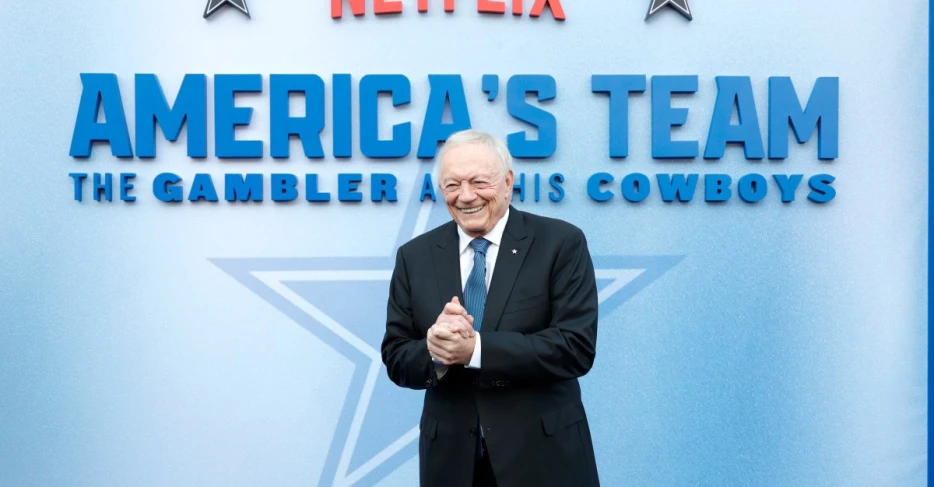
 Blogging The Boys
Blogging The Boys
The Dallas Cowboys made a move so shocking that it was momentarily paralyzing. A move that some would deem as unthinkable. Dallas traded away Micah Parsons to the Green Bay Packers. Parsons is a star pass rusher nearing the prime of his career, and trading him to one of the team’s biggest rivals, Green Bay, is all the more stunning.
Parsons has been named a Pro Bowler in each of his first four NFL seasons and has been named an All-Pro in two of them. In his short career, he has racked up a staggering 52.5 sacks, good for the sixth-most all-time in that span behind names like Reggie White, J.J. Watt, and Derrick Thomas. Although Green Bay sent the Cowboys defensive tackle Kenny Clark, a multi-Pro Bowler himself, and two first-round picks for Parsons, it still doesn’t feel like enough compensation for a player of Parsons’ caliber. The question is, why? Why would Jerry Jones do this? Simple: Jerry Jones has to do it his way or not at all.
As has been famously highlighted throughout the years, and featured in Netflix’s recent documentary, the rift between Jimmy Johnson and Jerry Jones was the prelude to the end of the Dallas dynasty of the 1990s, and whether you side with Johnson or Jones as to who was right, the only opinion that truly matters and carries weight is of Jones himself, who serves he team’s owner and general manager. Jones had a way of doing business that didn’t work for Johnson, and Jones, unwilling to cede to his coach, parted ways with a coach that had won him two Super Bowls.
In over the 30 years since, Jones’ hubris and self-righteousness have gotten worse, despite the team not winning a championship since the 1995 season, and this has caused the Cowboys to seemingly jog in place over the past three decades. Jones’ approach has only been exacerbated by the team’s rising value, now $13B as of this year, and perhaps vindication for himself. To make matters worse, his son Stephen became a more prominent figure in the team’s operations, often echoing his father’s business tactics but also senselessly justifying them as well.
As for the Parsons trade itself, the cost of the contract shouldn’t really be a major factor if you think about it. The rest of the NFL has proven that contracts and salary cap figures can be moved around to make the pricy agreements work. Granted, had Parsons received his asking price, a deal would have been done, and everything would have been water under the bridge. Except, it wasn’t being conducted on Jones’ terms and how he likes to do business. In a sit down with ESPN’s Stephen A Smith, Jones cited having to be “comfortable” about the cost, which speaks more to his personal sentiments as a businessman than NFL owner, and doesn’t align with how contracts are ironed out in today’s NFL.
On the Ross Tucker Podcast, Andrew Brandt, a longtime sports agent who...